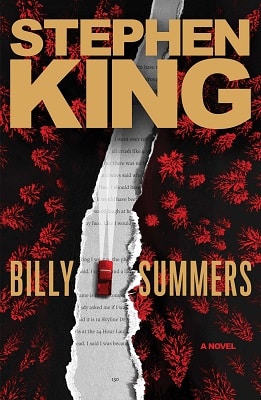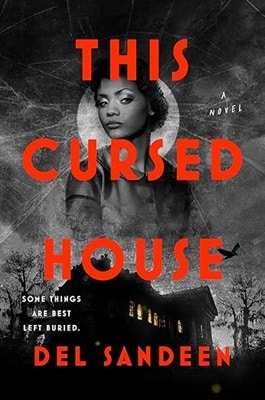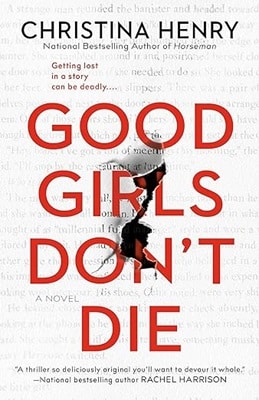Book Review
Billy Summers
reviewed by Aaron McQuiston
Stephen King has been writing novels since before many of his fans were alive. We have grown up reading his books, waiting for the next in the Dark Tower series to be published or the next film adaptation to be released. Many of King’s rabid fans collect different editions of his novels, show off their collections on social media, and greatly anticipate the next book.
For all of his fans who grew up on reading his horror novels, the last few years have been tough. King has not written a “horror” novel since Revival in 2014, and so when every new book is announced, many of his fans clamor for a new horror novel, but get a book that King wants to write instead. Stephen King loves crime fiction.
This is not a new revelation. As far back as when he wrote articles for Entertainment Weekly from 2003 to 2008, most of the books on his “best of the year” lists were crime fiction and mysteries. Most of the art that he champions on his social media accounts are crime fiction and mysteries. It is no surprise that in the past seven or eight years, with an exception of a short story here and there, he has wanted to write crime fiction.
Billy Summers fits squarely into this phase of Stephen King’s career. The story starts with an ex-military sniper hired to kill a person while he is entering the stairs to a courthouse. Billy ingrains into the building and neighborhood where his cover is that he is a writer who is trying to finish a novel. He spends a great deal of time meeting the neighbors, writing a little, and waiting for the day where he is going to blow off Josh Allen’s head.
There are a few interesting things with this story. The first is that Billy Summers uses a mask of sorts when he is talking to people. He reads Archie comics in front of people with his books of French literature buried in his suitcase. He says that he shows people his “dumbself” because he does not want people to know the real him. This “dumbself” act is famously portrayed by the main character in the Jim Thompson novel, The Killer Inside Me. This character, like Billy Summers, is able to get away with more because nobody suspects much from him because he seems dense. The truth is that Billy is cunning, smart, and one step ahead of those who are chasing him.
The second interesting thing is that the actual story is over about 200 pages into the novel. After this point, King changes the story a great deal, makes it into Billy Summers after his job is finished, and turns it into a neo-noir story. King introduces the damsel in distress, the danger out to get Billy Summers, and the finale that you expect from this type of book. The step that Stephen King misses is that in a good neo-noir book or film, the main character is much closer to the danger than Billy Summers ever is. King writes him as smart enough to outwit everyone, and this does not make for a great crime thriller. With this said, Billy Summers is an interesting character, and the book is one to read if you are interested in King’s crime writing.
The biggest impression that I received from reading Billy Summers is not about the book but about Stephen King himself. He still publishes two books a year. He still writes what he wants to write. He still has many loyal fans, but the interesting thing is that most of his novels are not set in the past. He does not hark back to the old days by setting all of his novels in the 50s and 60s. He actually tells modern stories, set in the present, and even though he might talk about history, like the war in Iraq in the case of Billy Summers, his stories are modern. King talks a little about the political climate of America, he talks a little about Covid being on the horizon when this story is taking place, and he writes in a way that a reader from the future, who reads all of his novels in order, can figure out a good timeline to the history of America, through King’s eyes of course. There are not many writers that have been this prolific throughout their careers that are still writing about current affairs. This makes the works of Stephen King more important than maybe we realize.







